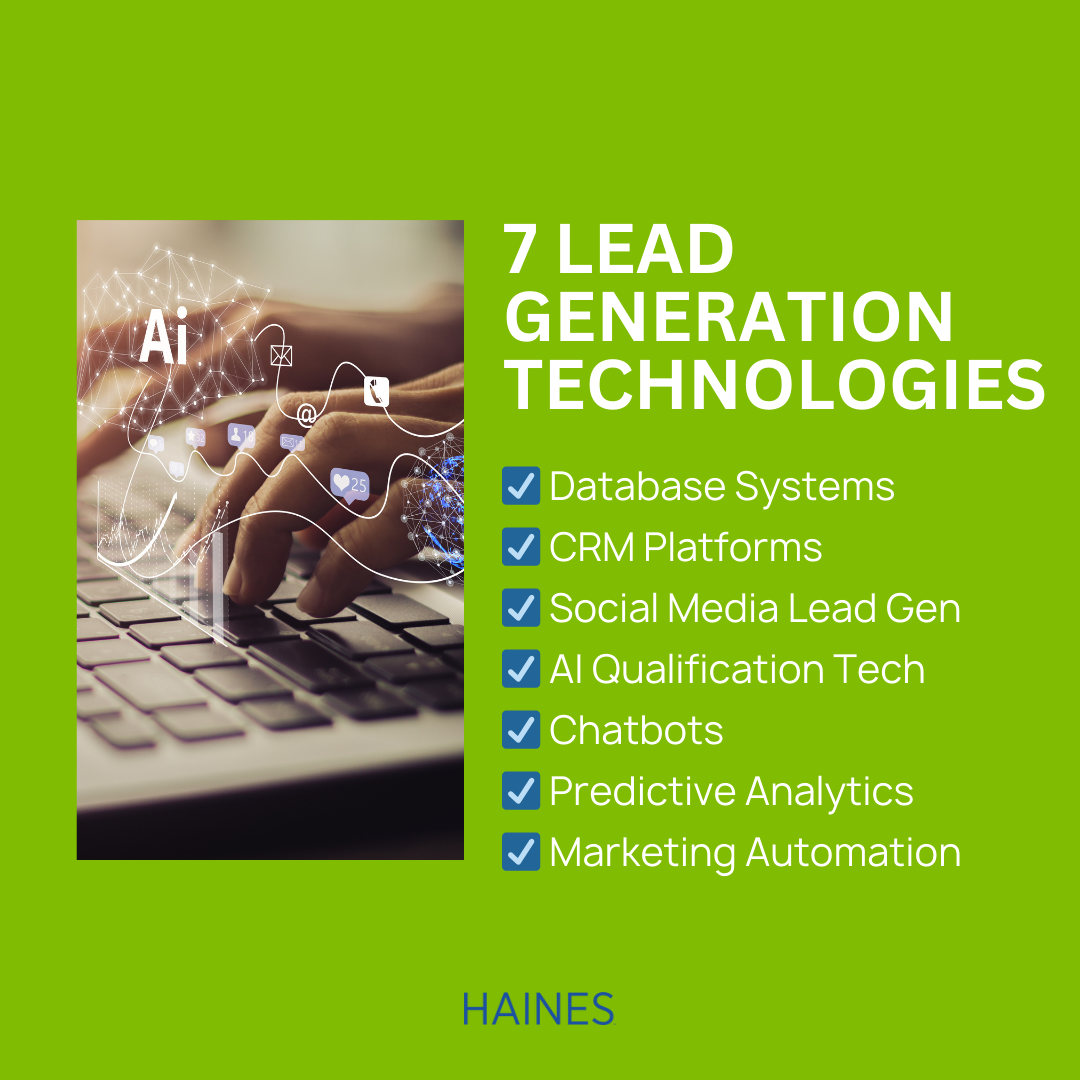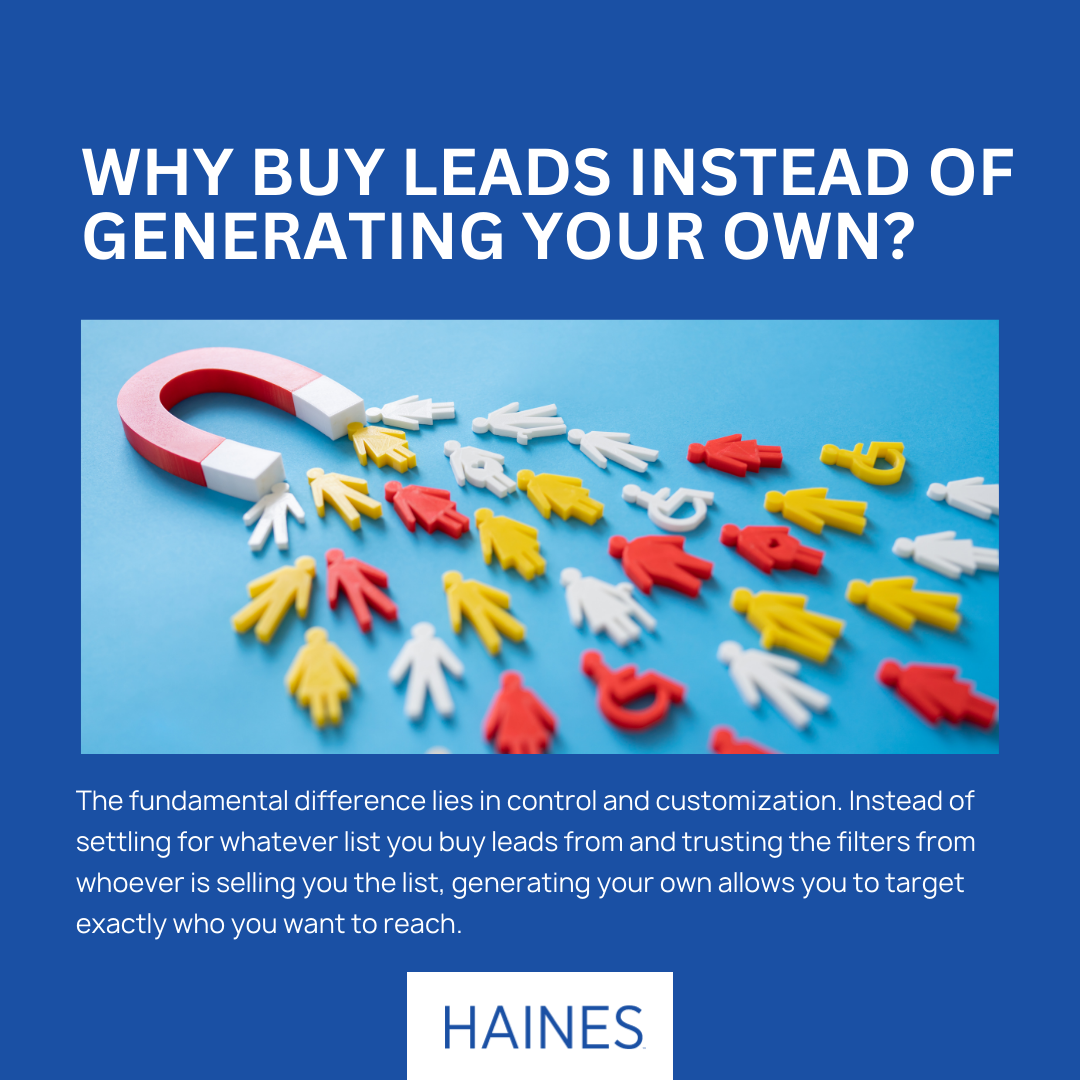It’s not facts that set you apart. It’s the emotional connection you make with your customers. Market to them!
I heard a commercial on the radio this morning that went something like this:
When I decided to sail around the world by myself, people were concerned about me doing this alone. But I won’t be alone.
I’ll have my grandmother with me, who always believed in me.
I’ll have my high school geography teacher with me, who taught me to be curious.
I’ll have my husband and children with me, who always told me I can do anything I set my mind to.
So you see, while I might be sailing around the world by myself, I won’t be alone.
She had me at “grandmother.” I had to hear how it ended.
The marketer in me was also curious to know what they were advertising. It turned out to be part of American Family Insurance’s new “Dream Fearlessly” campaign, intended to inspire people to find and follow their dreams.
They even have a website dedicated to the idea:



How Emotions Affect Memory
My mom had Alzheimer’s in the final few years of her life. Thankfully, she never forgot her family, but she did have trouble remembering her age or a conversation from the day before.
On one occasion, she and my sister had a disagreement. Mom got mad, and they hung up without resolving it.
Any other time, she would not have remembered. This time was different. She couldn’t recall what was said, but she did remember being mad. The next day she called my sister to ask, “Did we have a fight?” and wanted to apologize.
Author and poet Maya Angelou said that:
… people will forget what you said, people will forget what you did, but people will never forget how you made them feel.
Studies of Alzheimer’s patients and amnesia sufferers bear this out. Emotions last after memory fades.
This isn’t unique to memory loss patients. It’s how our brains are wired:
- We remember emotionally charged events better than boring ones
- Pleasant emotions are usually remembered better than unpleasant ones
- It’s the emotional arousal, not the importance of the information that helps memory
This implication for this in marketing cannot be ignored. If you don’t connect with your prospects emotionally, you’re not memorable.
Facts Tell, Stories Sell
I’m not sure who coined the phrase, but “Facts Tell, Stories Sell” is a marketing axiom that’s been around a long time.
That’s because stories appeal to our emotions—and it’s emotions, not logic, that makes people act.
Leo Burnett (the man) famously pointed out that good advertising makes cars drive better and food taste better. He knew how to give good narrative, and he recognized that narrative is (or at least should be) at the center of everything we do as marketers. – Ed Castillo, Adweek: The Song Remains the Same
It’s limbic portion of our brain, the “feeling brain,” that controls decision-making. That’s why commercials that tell a story—like McDonald’s “First Day” ad below—are so effective.
But American Family Insurance took it a step further. They started a cause to inspire people and connect with them emotionally.
Will this make them more memorable? Time will tell. But I remembered.
{{cta(’28e6e571-9166-4084-9daa-a65747fc58f7′)}}
About the Author

Ashley Williams
Since 1932, Haines has been publishing the original Criss Cross directory. Now, instead of a giant book, we deliver the same great information in a digital format. We are a family-owned, certified women-owned business led by me as our first female, fourth-generation CEO. Our Criss+Cross Directory is nationally recognized for delivering essential residential and property data. We serve diverse clients — from government agencies to real estate professionals, mortgage companies, investors, contractors, and more
Want to Get More Tips from Haines? Subscribe to Our Blog
Recent Posts
Testimonials













